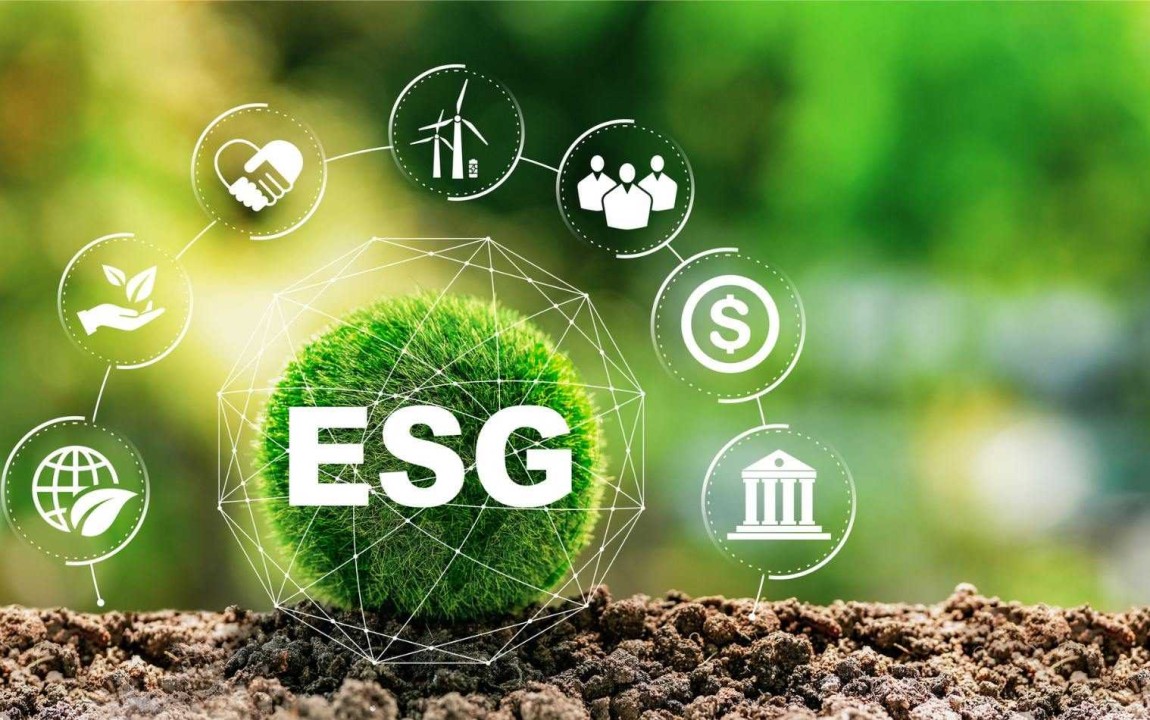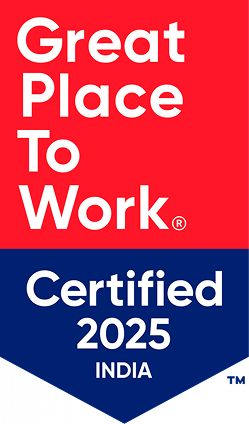
As the world leans into a more responsible and sustainable future, the logistics industry plays a pivotal role in driving Environmental, Social, and Governance (ESG) transformation.
ESG goals and targets are corporate objectives designed to address environmental, social, and governance impacts. These commitments help organizations align with sustainable practices, ethical standards, and regulatory expectations. These are used to measure a business's impact on the world beyond just financial performance. In 2025, ESG isn’t just a compliance checkbox—it’s a strategic imperative. For logistics companies, embracing ESG goals means creating long-term value for stakeholders while minimizing environmental impact and fostering inclusive growth.
At MatchLog, we believe the journey toward a greener and more ethical logistics ecosystem starts with intention and innovation. Here are five actionable ways logistics companies can align with ESG goals in 2025:
-
Optimise Empty Miles to Reduce Emissions
One of the largest sources of carbon emissions in logistics comes from empty container runs. By leveraging digital platforms and AI-driven logistics planning, companies can match export with import and reduce empty miles. At MatchLog, this is our core mission—reducing the carbon footprint by repurposing empty container movements, thus maximizing asset utilization and cutting down emissions.
Why it matters:
Reducing empty miles not only lowers CO₂ emissions but also brings operational efficiency and cost savings.
-
Invest in Green Fleet and Alternative Fuels
Switching to electric vehicles (EVs), hybrid trucks, or those powered by alternative fuels like LNG and biofuels is becoming increasingly feasible. While the upfront investment can be high, the long-term savings and ESG value are undeniable. In 2025, more government incentives and private-sector collaborations are making fleet electrification accessible.
Action step:
Conduct a feasibility study for green fleet adoption and explore partnerships with EV fleet providers.
-
Embed ESG in Supply Chain Collaboration
ESG isn't a solo pursuit. Encourage vendors, partners, and clients to align with ESG principles. This can include sharing sustainability KPIs, encouraging ethical labor practices, and jointly investing in eco-efficient technologies.
Example:
Collaborate with port operators, transporters, and warehousing partners to digitize workflows, reduce paper usage, and enable more efficient cargo handling.
-
Leverage Data and Reporting Tools for Transparency
In 2025, stakeholders—from investors to consumers—demand transparency. Using ESG reporting software and real-time dashboards can help businesses track their environmental impact, social contributions, and governance practices more accurately.
Key metrics to track:
-
Carbon emissions per delivery
-
Energy usage across operations
-
Workplace diversity and inclusion stats
-
Governance and risk management policies
-
-
Foster a Culture of ESG from Within
Sustainability starts with people. Building awareness among employees, providing ESG training, and embedding responsible practices into everyday operations ensures long-term impact. Empower your teams to become ESG champions—from drivers to dispatchers to data analysts.
How to start:
-
Launch internal campaigns around ESG awareness
-
Recognize and reward sustainable practices
-
Set departmental ESG goals
-
2025 offers logistics companies a unique opportunity to become frontrunners in ESG innovation. By adopting forward-thinking practices today, the industry can become a catalyst for positive environmental and social change tomorrow.
If you’re a transporter or shipping line ready to take the next step, MatchLog is here to support your journey toward carbon-smart operations. Connect with us through email support@matchlog.delivery or contact us- 1-800-309-9887.

